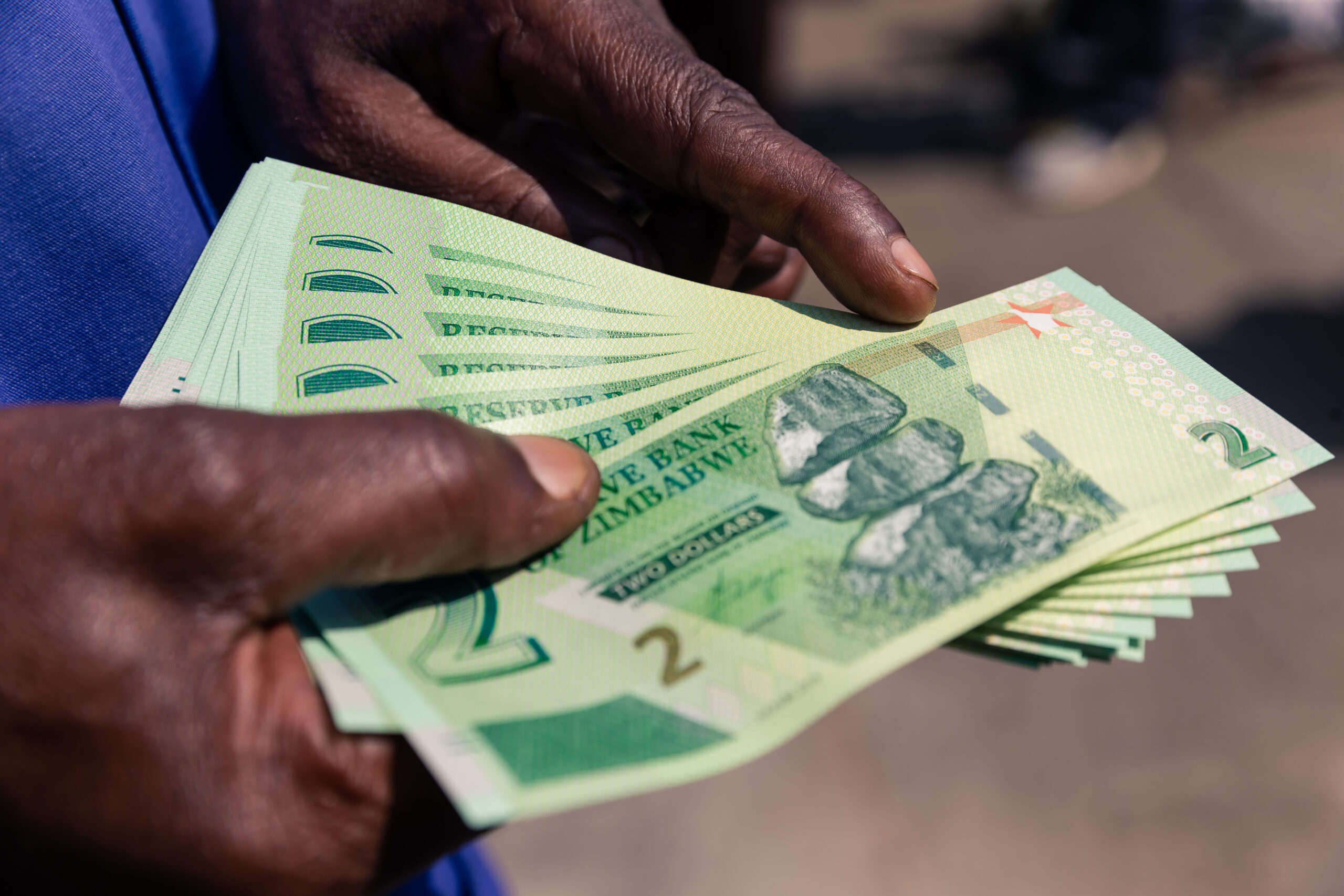No quick solutions to save Zimdollar
Government should ensure the multi-currency regime continues beyond 2025 as there are no quick solutions to save the rapid depreciation of Zimbabwean dollar (ZWL), analysts have said.
Despite Government efforts to promote the use of the local unit, the ZWL continuous depreciation against the greenback has been a result of the majority of businesses and consumers preferring to hold onto the US dollar to hedge against inflation.
However, President Mnangagwa last year gazetted Statutory Instrument 118A of 2022 entrenching the multi-currency system into law.
The SI titled Presidential Powers (Temporary Measures) Amendment of Exchange Control Act) Regulations 2022 entrenched that the multi-currency regime would run for the duration of the National Development Strategy 1 (2021-2025) (NDS1).
Investment analyst Rufaro Hozheri told Business Weekly that it is going to take some time between 10 – 15 years for the ZWL to be completely revived and become a preferred currency.
“ . . . but in the interim, the authorities can start by ensuring that the multi-currency regime will continue beyond 2025.
“They liberalise the foreign currency market, proper free market liberalization with no ceiling nor floor and make it accessible to the common man on the street, not just corporates.
“Then over time persuade, not force, economic agents to consider transacting in ZWL and also put incentives like less tax in ZWL to lure the use of local currency,” he said.
He said discipline must be maintained at the Central Bank to avoid increasing the money supply which has been the biggest challenge so far. Equities research firm IH Securities (IH) recently said the country’s main problem still revolves around increasing money supply despite efforts to neutralize excess liquidity.
Loss of confidence on the local currency and the formal banking system has been the largest undoing for the country’s financial services sector.
This is largely as a result of the 2007- 2008 scenario when people’s savings and pensions were wiped out after the Government banned dollarisation.
Hozheri said since banking is a regulated industry, trust has to be won by the Central Bank then it trickles down to the banking sector.
Most Zimbabweans are also now preferring to keep US$ cash in safe deposit boxes instead of bank accounts.
“It is purely due to policy inconsistency or regulatory risk, economic agents lost wealth in the 2007-08 era, then 2018-19 and now the currency is depreciating daily with the fear that Nostro balances will wake up as ZWL balances one day,” said Hozheri.
Another investment analyst Enock Rukarwa said inflation is and always a monetary problem.
He said an effective restraint will be around reducing broad money supply in the economy and pursuing policy consistency both on the fiscal and monetary spaces.
“The banking Industry was not the one which caused soaring inflationary pressures in the economy, however the banking industry is only a financial intermediary in the monetary value chain.
“Trust issues will only be addressed by a futuristic strategy that is anchored on a convincing, effective and sustained robust monetary policy going forward,” he said.
The Reserve Bank of Zimbabwe (RBZ) has committed to continuing with the current tight monetary policy to restore and sustain the exchange rate and inflation stability.
The bank also issued gold backed digital tokens to augment physical gold coins as a value preservation instrument, but these have not done much to preserve the ZWL.
Economist Vince Musewe said restoring trust and confidence is not an overnight event nor can it be achieved by a prescriptive approach.
“The issue we face is a currency crisis and the solution is to dollarise. Period. With that a lot of problems will go away,” he said.
Another economist Dr Prosper Chitambara said the long term solution to save the ZWL is dependent on the willingness and ability to implement comprehensive fiscal, monetary and institutional reforms.
He said the reforms should also look at key institutions such as parastatals and observe the issue of property rights in agriculture.
“This should be done on a sustainable basis and in the long term. Without the reforms, there will be no confidence for the banking sector and the ZWL,” he said.-ebusinessweekly









